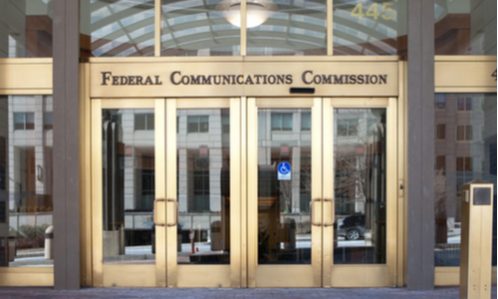The US Supreme Court announced it has agreed to hear a longstanding case dealing with the Federal Communication Commission’s (FCC) attempt to relax restrictions on local media ownership, reported Axios.
The Federal Communications Commission had referred the case FCC v. Prometheus Radio Project to the high court in April, supported by the National Association of Broadcasters.
The core is whether the Telecommunications Act of 1996 allows the FCC to repeal or modify media ownership rules that it determines are no longer “necessary in the public interest as the result of competition.”
Among other limitations, rules currently don’t allow cross-ownership of a TV station and newspaper in the same market and also limit TV-radio cross ownership. The FCC has argued that the ubiquity of the Internet makes that rule unnecessary. But a lower court ruled that the FCC hadn’t taken into consideration the impact of its rule changes on minority and female ownership.
The case dates from 2002 during a review the FCC is required to conduct every four years as per the Telecom Act. It’s been heard and rejected three times by the US Court of Appeals for the Third Circuit since then.
“The court’s decisions have frozen in place decades-old ownership restrictions that have long outlived their competitive usefulness in light of dramatic upheavals in the media markets,” wrote the US Solicitor General in the FCC’s petition to the Supreme Court.
Ajit Pai, the chairman of the FCC, said in a statement, “This is a breakthrough: a real chance to finally have media ownership rules that better match today’s realities. For seventeen years, the same divided panel of the Third Circuit has repeatedly frustrated the FCC’s efforts to amend its rules to allow broadcasters to compete in today’s dynamic media marketplace. Upon review, I hope that the Supreme Court will affirm the FCC’s reforms, which empower struggling local news outlets to thrive in today’s increasingly competitive media landscape.”
Want more news? Subscribe to CPI’s free daily newsletter for more headlines and updates on antitrust developments around the world.

